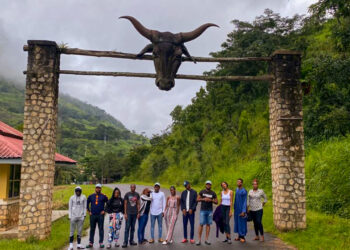Women’s grassroots leadership and courage remain vital to rebuilding trust and sustaining peace in Nigeria’s conflict-affected communities, says Dr. Anisah Ari, Associate Professor at the University of Florida.
Ari stated this in a paper titled “Reclaiming Peace Through Truth Appeal: The Imperative of Tough Conversations in Nigeria’s Fragile Landscape,” shared with the News Agency of Nigeria (NAN) on Sunday in Abuja.
She identified widespread banditry, abductions, and killings as major factors destabilising communities and deepening the country’s fragile security and national identity.
“The country is overdue for a shift from reactive security to proactive dialogue. Peace cannot be imposed; it must be nurtured through truth and sustained civic engagement,” she said.
Drawing from her doctoral research, “Emerging Leadership Practices in Extremity,” Ari highlighted how women in Plateau State stepped into leadership roles when traditional institutions failed to respond effectively to recurring violence.
She explained that the women redefined peace as a continuous process—demanding resilience, collaboration, and daily commitment from all community stakeholders.
According to her, their inclusive leadership style played a key role in restoring trust and communal harmony, offering a practical model for national peacebuilding.
“These women’s experiences present a replicable framework for Nigeria, especially at a time of escalating insecurity and deepening social divisions,” Ari said.
She urged policymakers, civil society, and peacebuilding experts to adopt women-led models as part of national peace and security strategies.
“Women’s involvement in peacebuilding is not optional—it is essential for achieving long-term stability, cohesion, and justice in our multi-ethnic and multi-religious society,” she added.
Ari emphasised that Nigeria must prioritise dialogue as the foundation for unity. “Silence has cost us dearly,” she said. “We owe future generations a more just and inclusive nation.”





